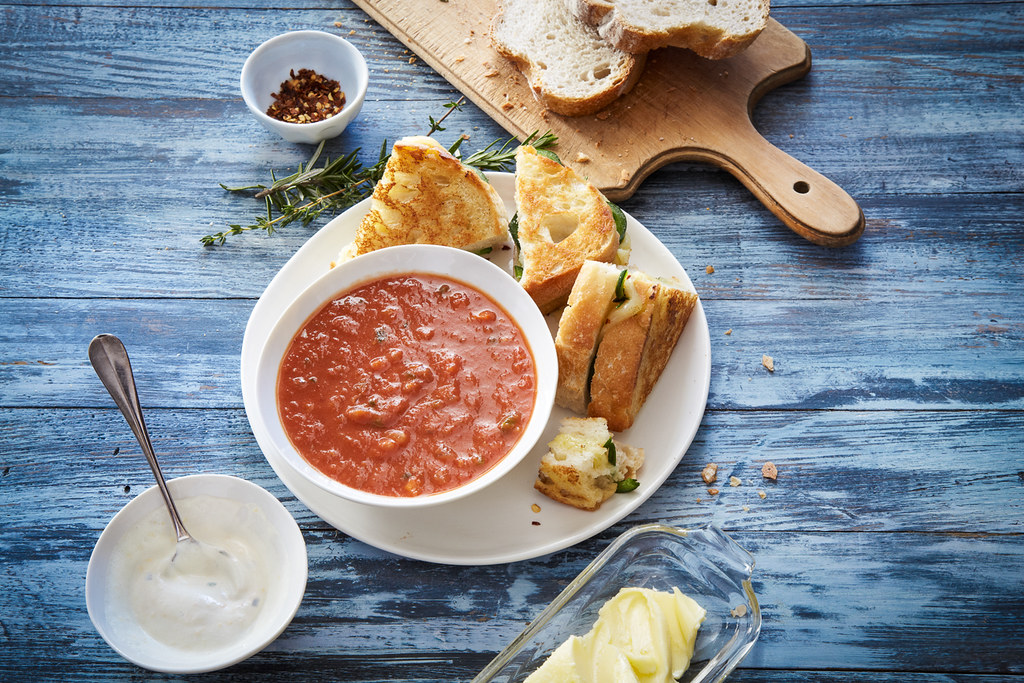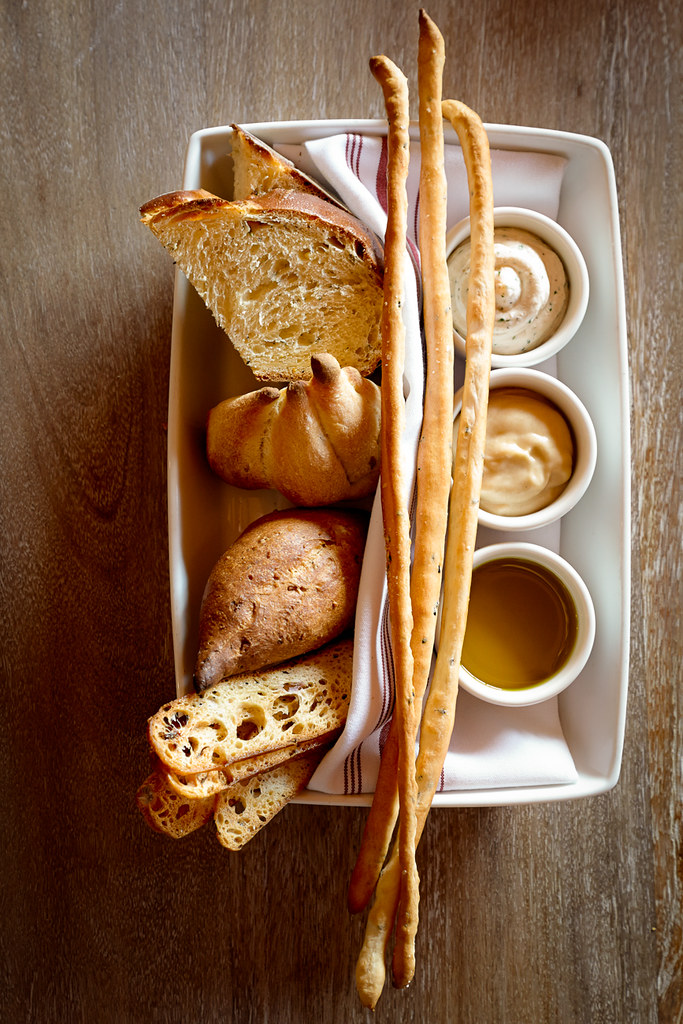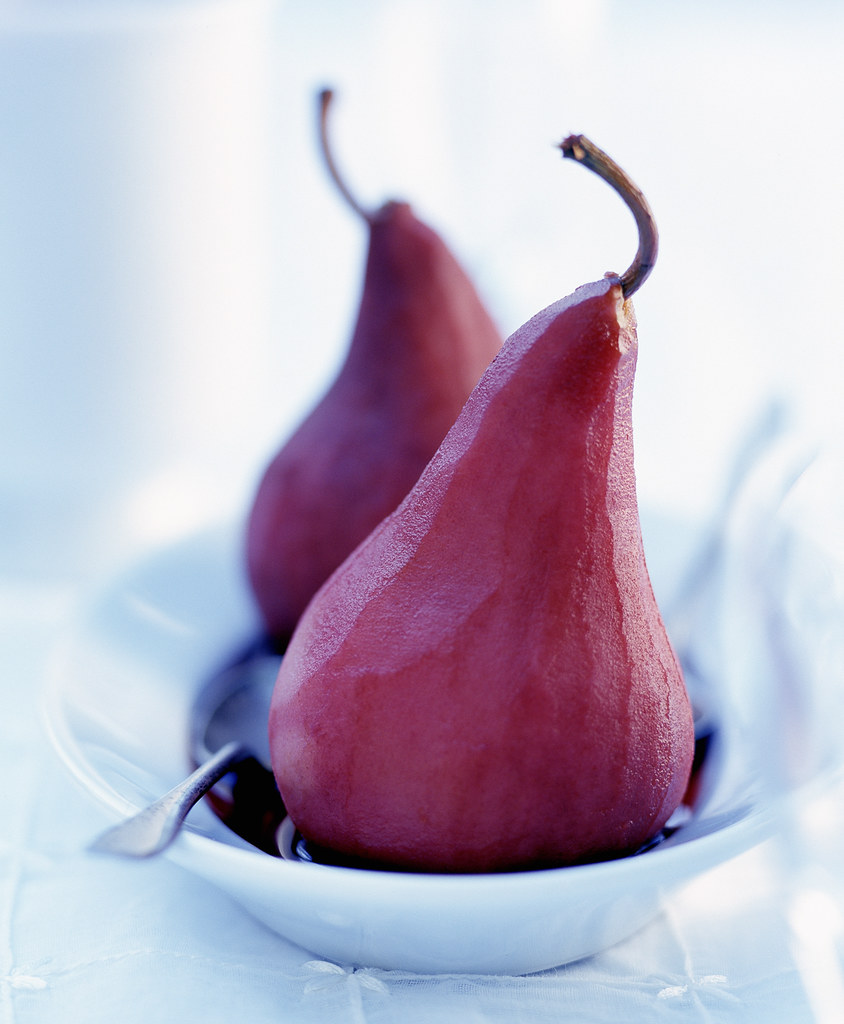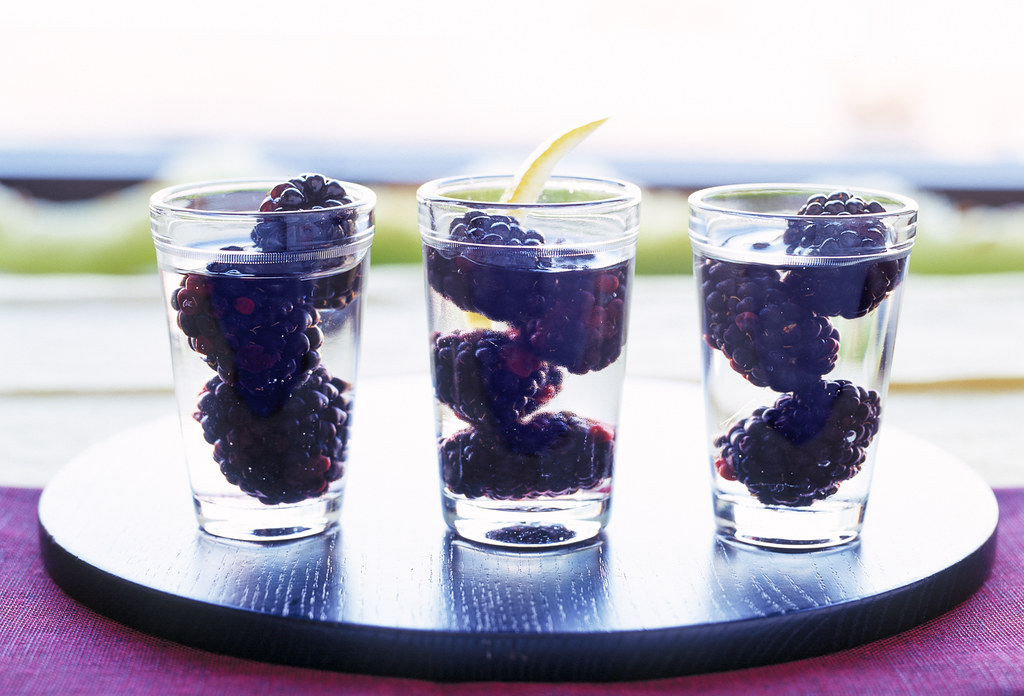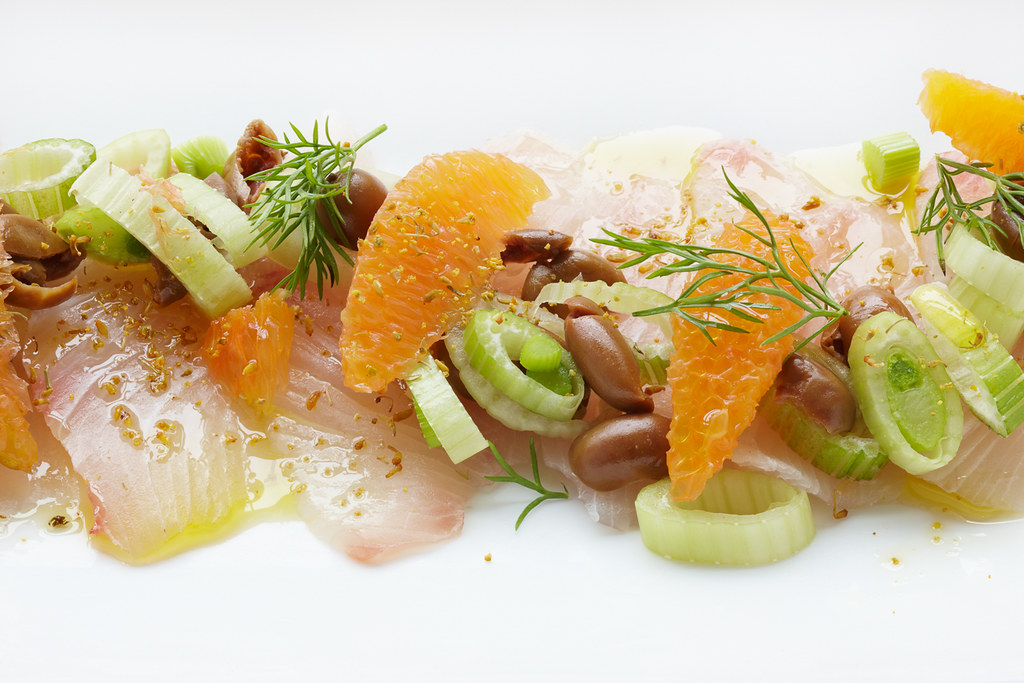The Life Of A Lauded Food Photographer: An Interview With Jeff Kauck
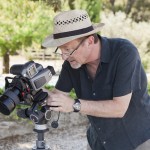
Jeff Kauck has been setting the standard for food photography in Chicago and around the world for over twenty years. A water colorist and artist from a young age, Kauck is known for catching optimum light in his photographs and capturing food in unique ways. He has received several awards, including a prestigious James Beard nomination for his work on the Spiaggia Cookbook. Recently, Spoon had a chance to speak exclusively with Kauck, one of kindest and most talented people on the planet.
SPOON: So how did you come to food photography? Have you always had an interest for food?
KAUCK: Well, what I loved about watercolor is that it's all about luminosity and the brilliance and presence of light. When I started doing photography and opened a studio, I started out as a generalist. You take anything you can to pay the bills, so I tried a little bit of everything and none of it really appealed to me. My wife, whom I met in art school, said to me, "You know, what you really need to do is you need to photograph food." I thought that was the dumbest idea I'd ever heard in my life! But my wife said to give it a try, so I did, and sure enough they actually wanted you to light food similarly to watercolor, with the light like on a bright sunny day, and that's what led me to food photography. You know if anybody asked me if there is any trick to what I do, the trick is that I love what I do. I am absolutely addicted to photography. It's a real passion.
SPOON: So you have a lot of corporate clients like McDonalds and Kraft. Would you say you have to approach a photo session with a corporate client in a different mindset than you would for Spiaggia or another restaurant?
KAUCK: Yes and no. The food photo industry is broken into two pieces. There is the editorial, which is cookbooks and magazines, and then there's the advertising, which is the corporate stuff, like Kraft and McDonald's. In both cases, you are being hired to represent something. They bring you in to be a problem solver. You might have a chef like Tony Mantuano at Spiaggia: he's got this wonderful quality about him. He loves to feed people, he loves to have a good time with them, and he wants you to bring that across in his pictures even though you're photographing high-end Italian food. In the case of McDonald's or Kraft, they come to you because they may have something they feel is unique about their product, whether it's bigger or juicier or this or that. So in both cases, you sort of have to sit down with them and go, "Tell me about your product. Tell me about your competition. Tell me what makes you better." They hire you to be an artist, but they also hire you to solve a puzzle.
SPOON: How many people are involved in a photo shoot?
KAUCK: Well, today we were shooting for a big company. We had two lead food stylists, two food styling assistants, a prop stylist, a digital tech, a photo assistant, a brand manager, a design manager and a producer.
SPOON: So when you are hired to do a photo shoot, do you get to choose the food stylist or does the client?
KAUCK: It depends on the situation. If it's the first time with the client, they might say they like working with this food stylist or that food stylist but they'll also ask for recommendations. If it's something unique like ice cream then you might have the same person in mind. Other times they say, "Hey, we want to mix it up a little bit. For example, instead of having a normal flute player we want a flute player that came from a jazz background instead of a classical background." And you go, "But why do you want to do that?" They'll say, "Well, our new music has a little bit of flavor. We think it's going to lean a little better to a jazz sort of thing." So, it's a collaboration.
SPOON: When you go to a restaurant and see something on the menu, do you think more about how it would taste or how it would look?
KAUCK: That's a very good question. I think it depends on where you're going. If you're going to a great restaurant like Grace, Spiaggia, Alinea or something where the presentation is something like a piece of artwork, then you certainly look forward to that surprise of how they're going to present that piece of artwork to you. If you're going to Pizano's for a pizza you're not so much thinking about what it looks like, but what it tastes like. I think it's a combination of things, honestly.
SPOON: Do you think photographing food is different than other objects?
KAUCK: I don't think it's the same and I think even within food there are very different styles and looks. I could list you a hundred food photographers who are all very talented but all very different. For instance, Kinfolk is a magazine that's very hot right now and they're sort of anti-light. They're very into stylistic-cool and Brooklyn-cool and that's great. I'm not knocking it at all, but they're not about the light. But other magazines are different, like Saveur. They're really into the light. And Bon Appétit — they're very into shooting straight down into the food, being very graphic, and shooting hard edge. That's because the editor came from GQ. He looks at food kind of like a fashion model kind of thing. And then if you flip through any fashion magazine, they all have a different philosophy. They want to stand out.
SPOON: Is there anything in particular you really like to photograph?
KAUCK: No, I like it all. There's no food that I don't like to photograph. It's all so fun. Think about it, I take pictures of pickles and hot dogs and pizza and pasta for a living. It's great.
SPOON: This is kind of a joke question but we really want to know the answer: do you get to eat the food afterwards?
KAUCK: We do sometimes. We do a lot of photography for steak companies and sure, we'll cook them up for lunch and enjoy them or bring them home, absolutely. You didn't ask me this question, but I get asked all the time if the food on set is fake. It is never fake, it's all real, but it's usually cold. I don't really want to pick up a cold hamburger and eat it. Still, I want to go on record: if I'm photographing at Spiaggia or another restaurant like that and they bring over food, my god, you bet I'm going to eat it.
SPOON: What is the policy on using hairspray on set? We've heard that's a photography trick.
KAUCK: All of this discussion on fake food, shellac and hairspray came from the 1940s and 1950s. They didn't use daylight or window light back then, they had lights they called "hot lights" because they were really, really hot. Just like on the news; if you watch the news, the newscasters are lit with hot lights and you see them sweating all the time. That was in the infancy of food photography and the lighting was hot and they didn't know what they were doing, so they would paint the food with all that crazy stuff. But they don't do any of that anymore. It's illegal. You can't spray hairspray on food and say that it's food.
SPOON: What is your favorite place your food photography has taken you?
KAUCK: I'm going to give you a bunch. I love the people and the culture and the light in Vietnam. The food in Vietnam is amazing. I could say the same thing for Italy, France, Spain, Hong Kong...I mean the food is just so fabulous everywhere. There are wonderful people everywhere in the world and we all love to eat. They all have a good time when they're eating and they're all very proud of their local dishes. We were recently on the East coast of Africa — the food is good!
SPOON: So in Chicago what are some of your favorite places? Top 5.
KAUCK: Not in any kind of order: Spiaggia, Balena, Girl and the Goat, avec, Publican...I'm probably missing a thousand places, there are too many to choose from. I just love food. My wife and I go to Pizano's on Friday nights to do a pizza and a beer. I could eat that stuff all the time.
SPOON: A lot of restaurants don't allow their diners to take photos of their food anymore. Being a photographer and primarily an artist, how do you feel about Instagram?
KAUCK: First of all, anyone can do anything they want to do. But if you want my opinion, I think they should all put their phones down, enjoy their meal and the people they're with. I'll use me as an example to explain this. If for some reason there was some freaky person in my house who photographed me the second I rolled out of bed and published that photo, I'd be furious. And that's what kind of happens at restaurants. There are people in terrible light. They are using their iPhones. There's nothing wrong with the iPhone, but it's not a great camera to photograph food. I think people are also disrupting the rest of the restaurant. Just imagine if you were on stage playing an instrument and everyone in the audience is whipping out their microphones and their sound equipment instead of listening to you and you wonder, "Is anyone listening to the music?" I don't know why people want to go to restaurants and spend all that money just to take a photograph.
SPOON: What can you say to people who think of eating as purely sustenance rather than an experience?
KAUCK: Well, we all gotta eat. But eating at a restaurant is such a wonderful time because, you know, there's the beginning of the meal, the end of the meal and there's during the meal. It's like the score of music and how you perform that score. What you do during that score is life. I mean you have to eat to live, but it ought to be this magnificent experience where you can talk to your friends or your parents or whoever it is you're talking to and really have a wonderful time while you feed your body.
The post The Life of a Lauded Food Photographer: An Interview with Jeff Kauck originally appeared on Spoon University. Please visit Spoon University to see more posts like this one.
